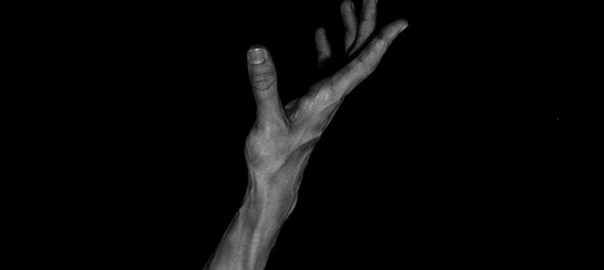As someone relatively new to blog writing, I struggle to feel that my writing is good enough – important enough. I continue seeking positive feedback, looking at my site’s stats and reading online articles to stay motivated.(Click here for a great example). While I wholly believe in my own professional growth that comes about as a result of reflectively blogging, it is amazing how invigorating it is to receive a comment or a like or a share on something I’ve written. I like what I write, but it’s so nice to feel like at least one other person out there likes it too. Especially when I know and respect that reader. It makes me want to be a better writer – a better educational thinker. And this is an important lesson to keep in mind for teachers out there.




